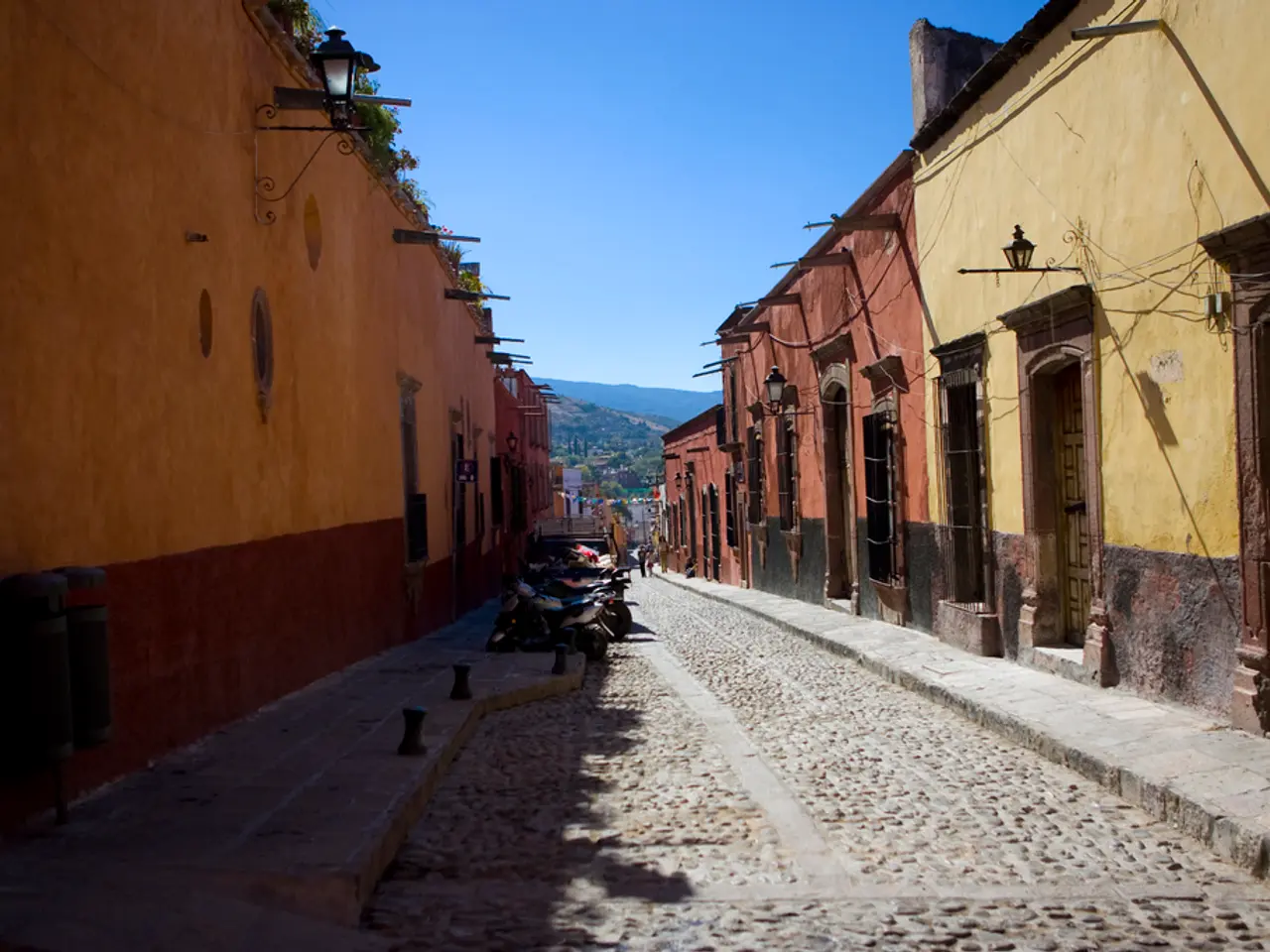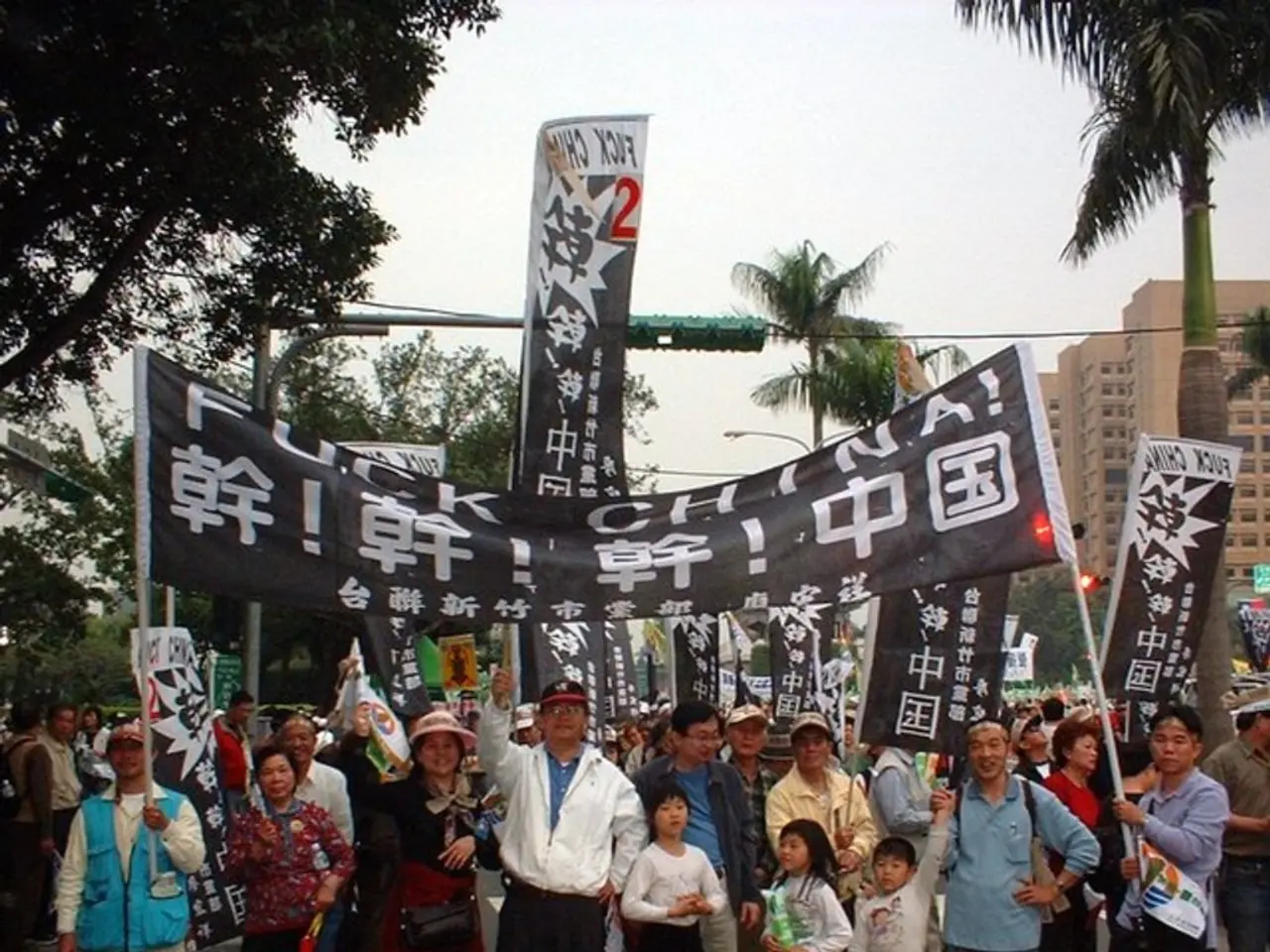Loss of Hope Prevails
The Palestinian Autonomous Regions, divided between the West Bank governed by Fatah and Gaza under Hamas, have been grappling with a decline in democracy since 2006. This decline can be attributed to several factors, including political division, corruption, and the ongoing conflict with Israel.
Since Hamas took control of Gaza following the 2006 elections, the Palestinian Authority, dominated by Fatah, has governed the West Bank. However, the absence of elections and comprehensive reforms has eroded democratic legitimacy and weakened institutional accountability. The continued political division, along with widespread concerns about corruption, has undermined democratic processes and legitimacy.
International criticisms highlight the Palestinian Authority’s corruption and lack of democratic credibility, while Hamas is widely seen as a terrorist organization, complicating efforts to unify governance under democratic norms. The ongoing conflict with Israel, including issues such as Israeli settlement expansion in the West Bank, restrictions on Gaza, and humanitarian crises, further destabilizes the political environment needed for democratic development.
The dueling narratives and lack of shared reality between Israelis and Palestinians contribute to prolonged conflict that undermines trust and peaceful political processes. Coexistence between the two communities is becoming increasingly difficult due to the radicalization of settlers, with hundreds of thousands of Israelis currently living in settlements in the West Bank and East Jerusalem, and new settlements being built.
In Gaza, the destruction is immense, with the World Health Organization considering only about 1% of the groundwater drinkable. The reconstruction of Gaza is estimated to cost billions, and it is unclear who will pay for it. Israel's government has rejected the growing international recognition of Palestine, with France planning to recognize Palestine as a member state of the United Nations.
The Israeli government's stance on Palestine is influenced more by domestic politics than security concerns, with the government needing the support of ultra-right parties like Bezalel Smotrich and Itamar Ben Gvir to remain in power. This political alignment has been linked to an increase in attacks on Palestinians.
In the Palestinian Autonomous Authority, President Mahmoud Abbas has ruled by decree since 2005, with no parliament since 2010. The police chief of the Palestinian Authority plans to send his own police to Gaza, but requires money, weapons, and equipment.
The future of democracy in the Palestinian Autonomous Regions remains uncertain. With Israel's elections scheduled for no more than four years in the future, any agreement could only have a lifespan of that length. The heads of the clans in Gaza are being considered for a kind of government council by some in Israel's government, but the potential for peace and democracy remains elusive in the face of ongoing conflict and division.
References:
[1] International Crisis Group. (2019). Palestine: A Fractured Polity. https://www.crisisgroup.org/middle-east-north-africa/west-north-africa/palestinian-territories/palestine-fractured-polity
[2] United Nations Office for the Coordination of Humanitarian Affairs. (2021). Occupied Palestinian Territory Humanitarian Fund Factsheet. https://www.ochaopt.org/content/opt-humanitarian-fund-factsheet-june-2021
War-and-conflicts and politics continue to hinder democratic development in the Palestinian Autonomous Regions, as the ongoing conflict with Israel and the radicalization of settlers persist. Policy-and-legislation, including the lack of elections and comprehensive reforms in the Palestinian Authority, have eroded democratic legitimacy and weakened institutional accountability. The general-news about the Israeli government's stance on Palestine, influenced by domestic politics and the growing international recognition of Palestine, also contribute to the uncertain future of democracy in these regions.







